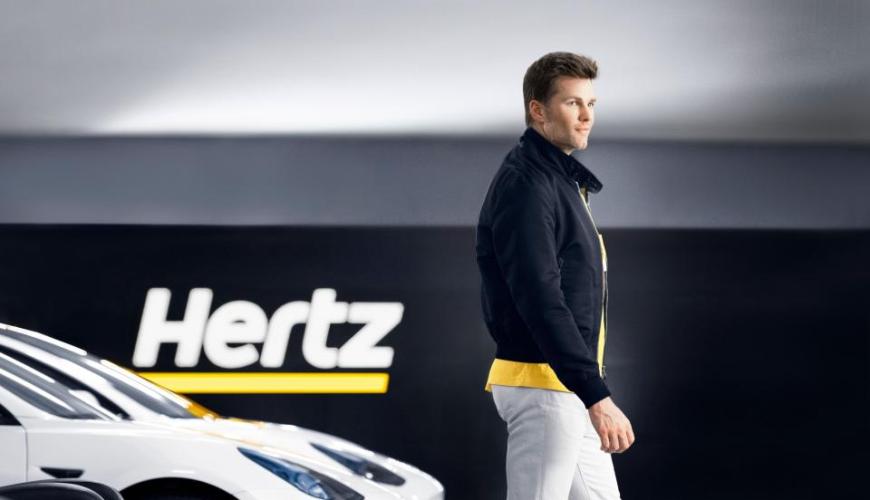Hertz's Struggles Reflect Challenges Scaling EV Fleet as Company Misses Earnings Expectations
- 07 February 2024 2:01 AM

Following its considerable investment in electric vehicles (EVs), car rental company Hertz (HTZ) posted a larger-than-forecasted loss for the fourth quarter due to depreciating assets and high maintenance costs. This development emphasizes the cautious approach with which both Hertz and Tesla, the primary supplier of Hertz’s EVs, will need to manage their partnership going forward.
Hertz reported an adjusted fourth-quarter loss of $1.36 per share, a sharp contrast to the predicted loss of $0.76. This loss is largely attributable to the company’s decision to offload 20,000 Teslas, accounting for a third of its EV fleet. Hertz announced last month that this sale would lead to a depreciation charge of $245 million, coupled with costly repairs to its EVs, all of which contributed to the poor financial performance.
Stephen Scherr, Hertz's CEO, during the Q4 earnings call, pointed to increased damage and collision costs, largely as a result of managing the EV fleet. The company’s struggles with EVs also hampered operational efficiency, further validating the need for downsizing their EV fleet. Scherr also hinted at the potential for additional EV fleet decreases, particularly if the necessary cost reductions prove to be more significant than expected.
Hertz made significant headway into the EV market in October 2021 with the announcement of a 100,000 vehicle purchase from Tesla. The news, accompanied by a marketing campaign featuring ex-NFL quarterback Tom Brady, boosted Hertz shares by 10% and also positively impacted Tesla’s stock. Interestingly, this announcement came just months after Hertz emerged from bankruptcy, underlining the high-risk strategy.
Despite this early adoption, Hertz’s foray into EVs has not been without problems. An agreement made in February 2022 with Polestar (PSNY) to purchase 65,000 EVs was put on hold, with Hertz announcing it would pause future purchases. Currently, Hertz’s fleet includes around 13,000 Polestar vehicles.
The company indicated during its conference call that it intended to halt all EV sales indefinitely, depending on package agreements with other automakers. This decision could significantly reduce the number of EVs in Hertz's roster.
Despite mounting challenges, Hertz is not abandoning its commitment to electric vehicles. The company intends to continue utilizing EVs where profitable, with Scherr suggesting further cost-cutting measures of $250 million throughout the year. Scherr also stated customers in certain regions who are more familiar with EVs would present a higher revenue per day (RPD) potential, given their lesser likelihood of accidents.
For Tesla, a 50% compound annual growth rate (CAGR), its previously targeted growth rate for deliveries, would require significant purchases from fleet operators like Hertz. This goal also depends on a wider customer base across the country growing more comfortable with renting and driving EVs.
The experience of Hertz underscores the challenges companies face when attempting to transition to electric vehicles, particularly in managing associated costs, depreciation and demand. As companies continue to test EV initiatives, insights from Hertz's current situation may provide valuable lessons.
